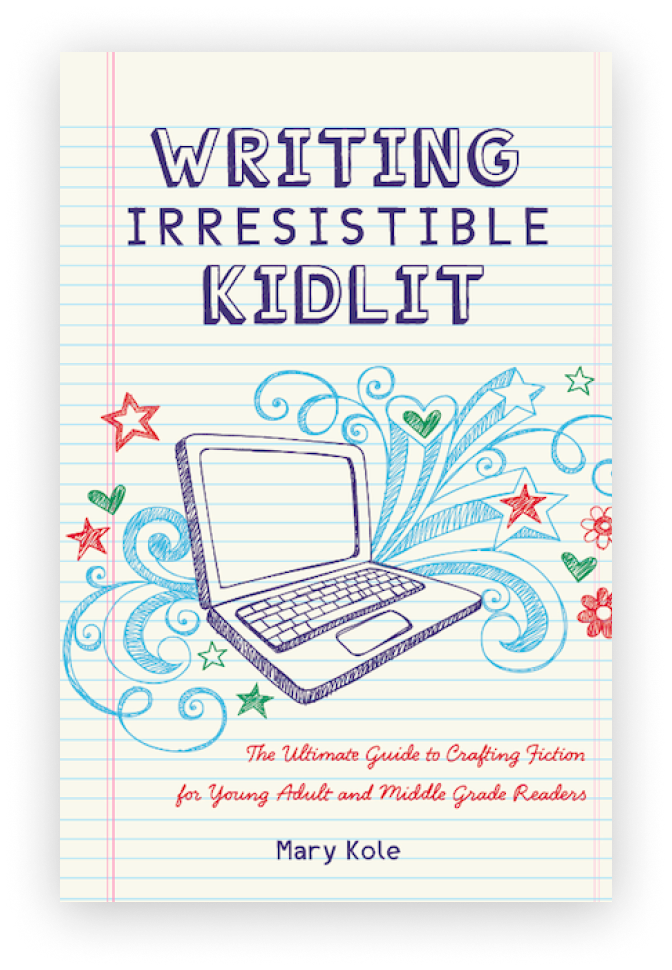Connecting With Children’s Book Literary Agents
By Mary Kole
Mary Kole is a former literary agent, freelance editor, writing teacher, author of Writing Irresistible Kidlit, and IP developer for major publishers, with over a decade in the publishing industry.
If you’re considering writing a children’s book, you may have thought about querying children’s book literary agents. A literary agent can be invaluable in getting your work out there and managing the business side of your potential writing career. It’s also important to note that major publishers don’t work with unagented submissions, with few exceptions. But what exactly do children’s book literary agents offer and is working with one right for you? Let’s dig in.
What Do Children’s Book Literary Agents Do?
A literary agent is responsible for connecting authors with publishing houses, as well as subrights, audiobook rights, foreign rights, or film rights opportunities. They typically represent authors in negotiations, helping them secure book deals and competitive royalties, while also providing advice on how to market their work. (Though building an author platform and book marketing is more and more the responsibility of the author in today’s publishing landscape.) Children’s book literary agents can also help manage the editorial process and handle legal issues that arise during publication. In short, they are the writer’s advocate and broker, providing a necessary connection to the industry.
The Pros and Cons of Working With a Literary Agent
Working with a literary representative has its benefits—but it can also have drawbacks. On the plus side, children’s book literary agents can help make sure you get better deals from publishers than if you were going it alone. However, agents often take a 15-20% commission from those earnings for their services (the primary book deal is usually closer to 15% and then ancillary rights are between 20% and 25%). It's important to research any potential children’s book literary agents before signing up with them to ensure that they actually sell books and aren’t a publishing scam (unfortunately, there is a predatory side to the industry).
What Do Children’s Book Literary Agents Want?
Generally speaking, if you’re writing a project in one of the more marketable children’s book categories—picture book, middle grade, and young adult—you might have more luck attracting children’s book literary agents. A commercial book idea is key to getting an agent’s interest, as children’s book literary agents are basically salespeople working on commission. They are interested in “big” projects they think they can sell, whether that means a trending topic or a popular genre, such as romantic fantasy in YA.
When trying to attract children’s book literary agents with a polished submission package there are certain criteria you should follow. Start by making sure that your manuscript is revised and polished to the best of your ability. If you’re unsure, get writing notes from a critique partner or hire a freelance editor. Many writers find themselves revising rigorously and getting professional feedback just to catch attention in the slush pile. Finally, make sure that your query letter does a compelling job of portraying your premise, with relevant comparative titles and a sense of who you are (your author biography).
Approaching children’s book literary agents can seem intimidating at first, but it doesn’t have to be. It’s important to research literary agents, understand the children’s book market, and make sure your manuscript is as strong as it can be. Here’s to finding your publishing partner and building your children’s book writing career.

Click here to purchase Writing Irresistible Kidlit, my book on fiction craft for MG and YA novels, out from Writer's Digest Books. This will show you my writing craft philosophy and give you lots of valuable advice, including tips for the novel revision process and self-editing. There are over 35 example novels cited and discussed throughout. It’s a valuable resource for any writer’s toolkit.



